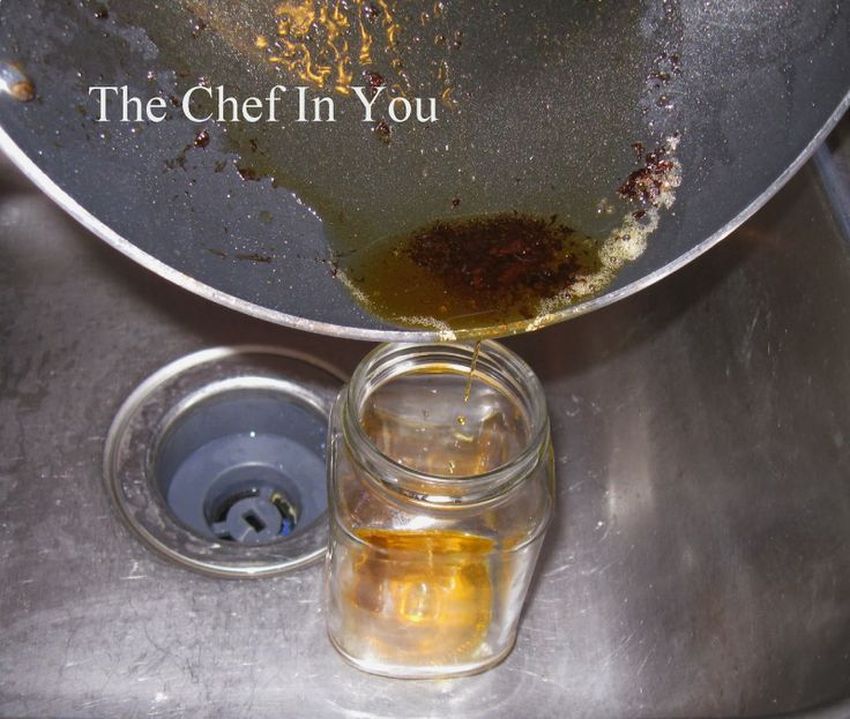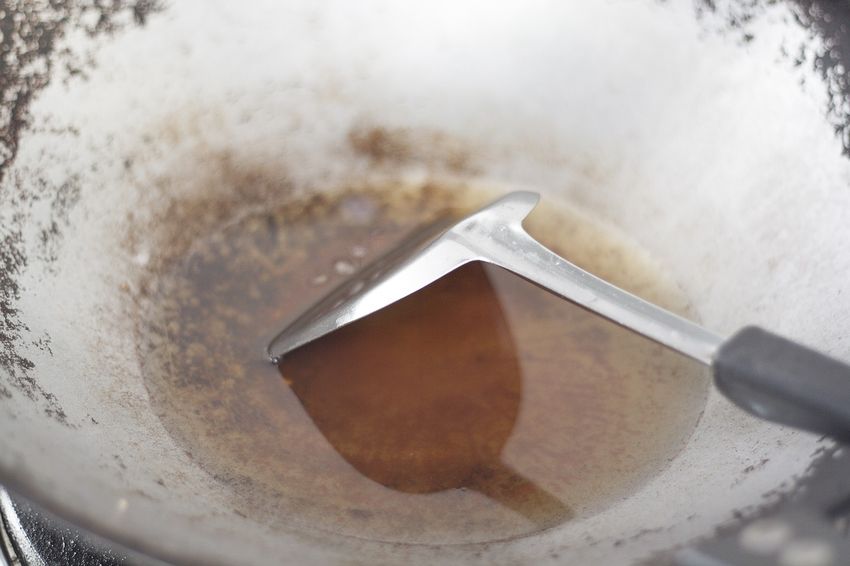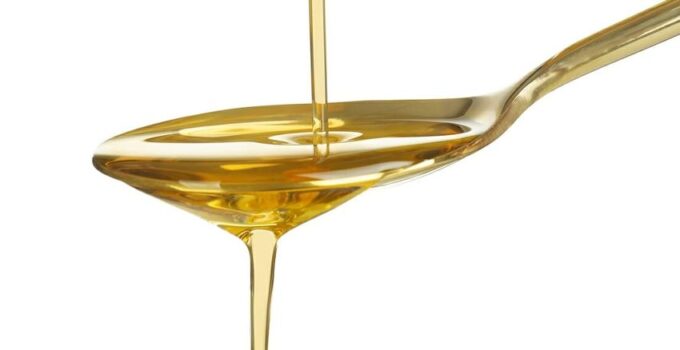Strong scientific evidence points to a causal relationship between poor disposal of used cooking oil and further environmental degradation. The methods used by homes, restaurants, other businesses, as well as industrial food manufacturers to dispose of used vegetable cooking oil are largely inefficient. Hence the need for alternative ways of handling this type of waste material.
Used oil recycling is one of the most efficient methods of mitigating the risks that used cooking oil can have on the environment. It involves putting the oil into alternative uses such as in the production of biodiesel and other forms of clean energy.

source:newatlas.com
This form of recycling has many benefits, which include:
1. Production of Clean, Renewable Energy
One of the main benefits of recycling used cooking oil is the production of clean, reliable energy. Our over-reliance on non-renewable sources of energy has resulted in colossal environmental degradation, which is quickly becoming irreversible with disastrous effects including climate change. To ensure that we do not make the situation worse than it is, it is imperative that we shift our global energy preferences towards safe, clean, and renewable sources of energy.

source:ipwatchdog.com
When recycled, used cooking oil can be used in the manufacture of biodiesel, a clean and renewable energy source amongst other options. Biodiesel can be used to power diesel cars and appliances. Thus, recycling of used vegetable oil can be used to slow down environmental degradation and minimize pollution from human activities.
2. Creation of Jobs
Trillions of gallons of used cooking oil are produced each year globally. Recycling this oil on a global scale and turning it into other beneficial products such as clean fuel can help eradicate the high rates of unemployment being currently witnessed across the globe. An increase in the availability of jobs, especially for the youth, will reduce poverty rates, empower marginalized groups and communities, as well as improve the quality of life for millions of people across the globe.

source:newatlas.com
3. Less clean-up, and lower repair costs
In most homes and businesses, the preferred method of disposing of used cooking oil is down the drain. The school of thought is that the waste will be directed to a treatment plant, where the oil will be cleaned out before the water is poured into a water source. Hence, they believe that there is no harm done. Check g
However, there is considerable harm being done to the person’s or company’s drainage pipes as well as to the public sewage system. As the oil goes through these pipes before arriving at the treatment plant, it cools down and solidifies. When it cools, it clogs the pipes, and these have negative economic effects for individual homes, businesses, and the entire location.

source:newatlas.com
A clogged kitchen pipe will lead to backup and will force the individual to call an expert to repair the pipes. Such endeavors are usually costly and are prone to recur if the individual does not stop pouring oil down the drain.
Clogged sewer systems can lead to spills on the streets, which are difficult and expensive to clean up. In addition, it will cost the local authority a considerable amount of money to fix the clogged pipes within the extensive system. Such situations are potential health hazards that have the capability of affecting a lot of people in the community at once. As such, health expenditure might skyrocket, which will be a burden on both the local community and the local authority.

source:newatlas.com
However, by proactively recycling the used oil, individuals, businesses, and local authorities can save a lot of money in terms of costly repairs, as well as in less clean-up. Also, members of the community are spared from severe health hazards, which then reduce the heavy burden of health costs.





